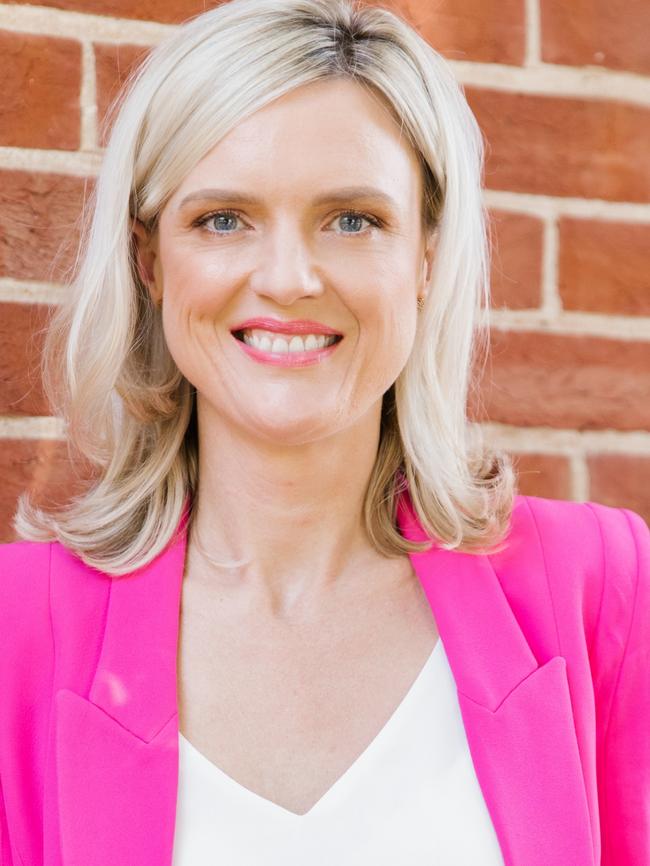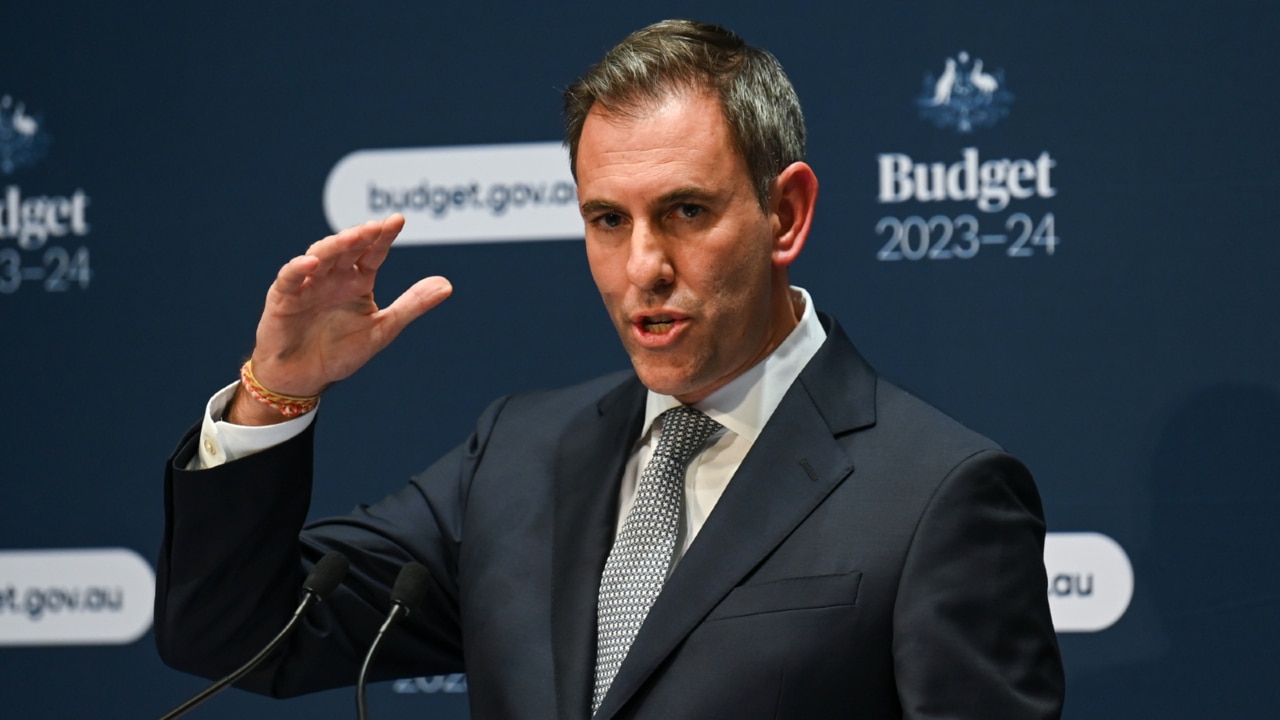Secret bank accounts are more common than you might think
Couples manage money in different ways. As experts share their tips, research finds a surprising number keeping secret accounts.

Bank accounts can be a bone of contention in relationships, whether they’re shared, separate or even kept secret from partners.
Money specialists say there are no strict rules around shared or separate accounts, but a worrying number of Australians appear to be hiding accounts from their partner.
A recent survey of more than 1000 people by Finder.com.au found that 12 per cent of people currently have, or have had, a secret savings account.
Women were almost twice as likely than men to have a hidden account, the survey discovered.
Finder money specialist Rebecca Pike says burying cash in a hidden savings account appears to be widespread.
“Millions of Australians are squirrelling money away without their partner or family member’s knowledge,” she says.

Pike says while there may be harmless reasons to hide savings, such as for buying gifts, secret bank accounts may also reflect a lack of trust or “more sinister reasons such as gambling addiction or adultery”.
She says partners should be transparent about their finances, and if people do not feel comfortable about this, they may be in the wrong relationship.
SHARING SAVINGS
While secret bank accounts are a negative in a relationship, separate accounts are more common and accepted.
Money coach Karen Eley has worked with couples’ finances for more than 25 years and says about 70 per cent have shared savings accounts.
“The likelihood of shared bank accounts does increase once couples are married and merge their finances,” she says.
“I’ve worked with couples that have been together for 15-plus years and still keep their bank accounts completely separate from each other and just contribute 50/50 to all living expenses.”
Eley has also seen secret bank accounts, secret investment accounts such as managed funds, secret credit cards and secret debts.


She says sometimes it’s a lack of trust of a partner based on their history with money, while other times one partner does not feel safe in the relationship and wants an exit plan.
Emotional baggage from previous relationships can create issues too, Eley says.
It’s a good idea for couples to work out whether they want separate or shared savings accounts, she says.
“Having a joint savings account can be a good way to ‘test the waters’ or that first step with your partner before merging all your bank accounts and finances.”
Moneysmart.gov.au says joint bank account benefits can include:
• Fewer bank fees.
• Making it easier to pay for shared expenses.
• Allowing all account holders to oversee the money.
“You and your partner may decide to keep your money in separate accounts, but open a shared account for your shared bills,” it says.
KNOW THE RISKS
However, there are some risks to joint accounts. Some only need one account holder’s signature to access the money, and they can come with multiple debit cards.
“Are you happy for other account holders to access the money without your signature? Are they happy for you to do the same?” Moneysmart says.
Eley suggests couples review their bank account structures.
“It’s important to consider your current money habits and design a structure that works for you as individuals and as a couple,” she says.
“It’s also sensible to review these accounts periodically to ensure they are achieving their purpose and that each person is contributing or using the account as initially agreed.
“There’s no one size-fits-all solution to managing banking arrangements within a relationship. Assess the options and try different strategies until you discover what works best for the two of you.”

POTENTIAL ISSUES
Joint accounts:
• Money should be rational but the lines can blur if there are emotional issues in a relationship.
• Each spending decision can be scrutinised, potentially causing arguments.
• One partner may have transactions declined at the checkout if the other overspends.
Separate accounts:
• Regular funds transfers may be needed between accounts, which is potentially time-consuming and tricky.
• Consider tax consequences for savings accounts. It’s better if bank interest is paid to the lowest income earner.
• If one spouse dies, the survivor may have problems accessing money.
Source: womentalkingfinance.com.au






To join the conversation, please log in. Don't have an account? Register
Join the conversation, you are commenting as Logout